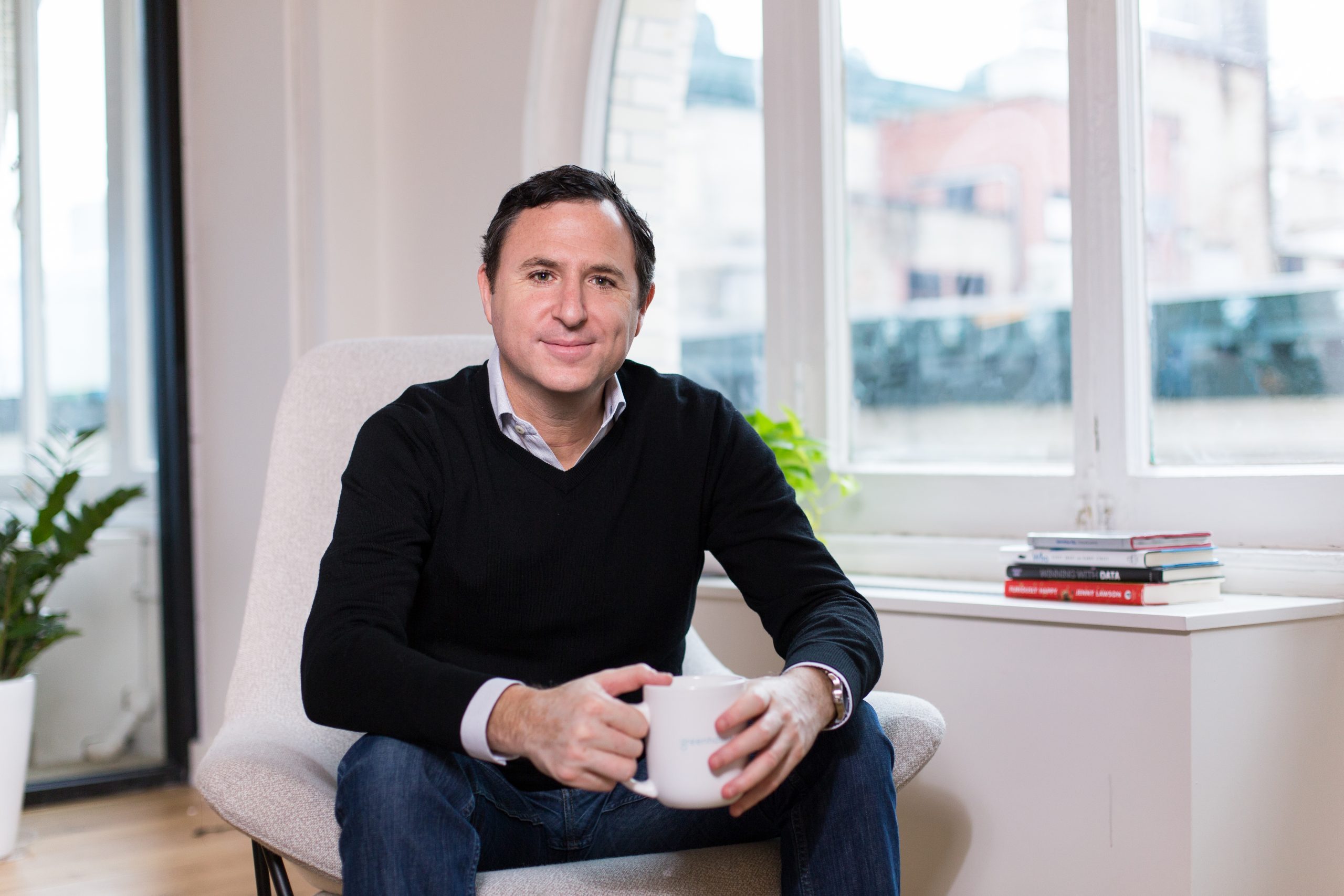Daniel Chait is sitting in his rented home on Long Island instead of his old office on the 11th floor of a tower in the Flatiron district of New York. Chait has moved out of Manhattan with his family in the wake of Covid-19, one of billions of people around the world working remotely. We are dressed almost identically, both of us in dark sweaters and light blue shirts. “I got the memo for the required outfit,” Chait laughs. The chief executive and co-founder of Greenhouse has raised more than $110 million for his business since 2012 and his hiring…
Cancel at any time. Are you already a member? Log in here.
Want to continue reading?
Introductory offer: Sign up today and pay €200 for an annual membership, a saving of €50.

